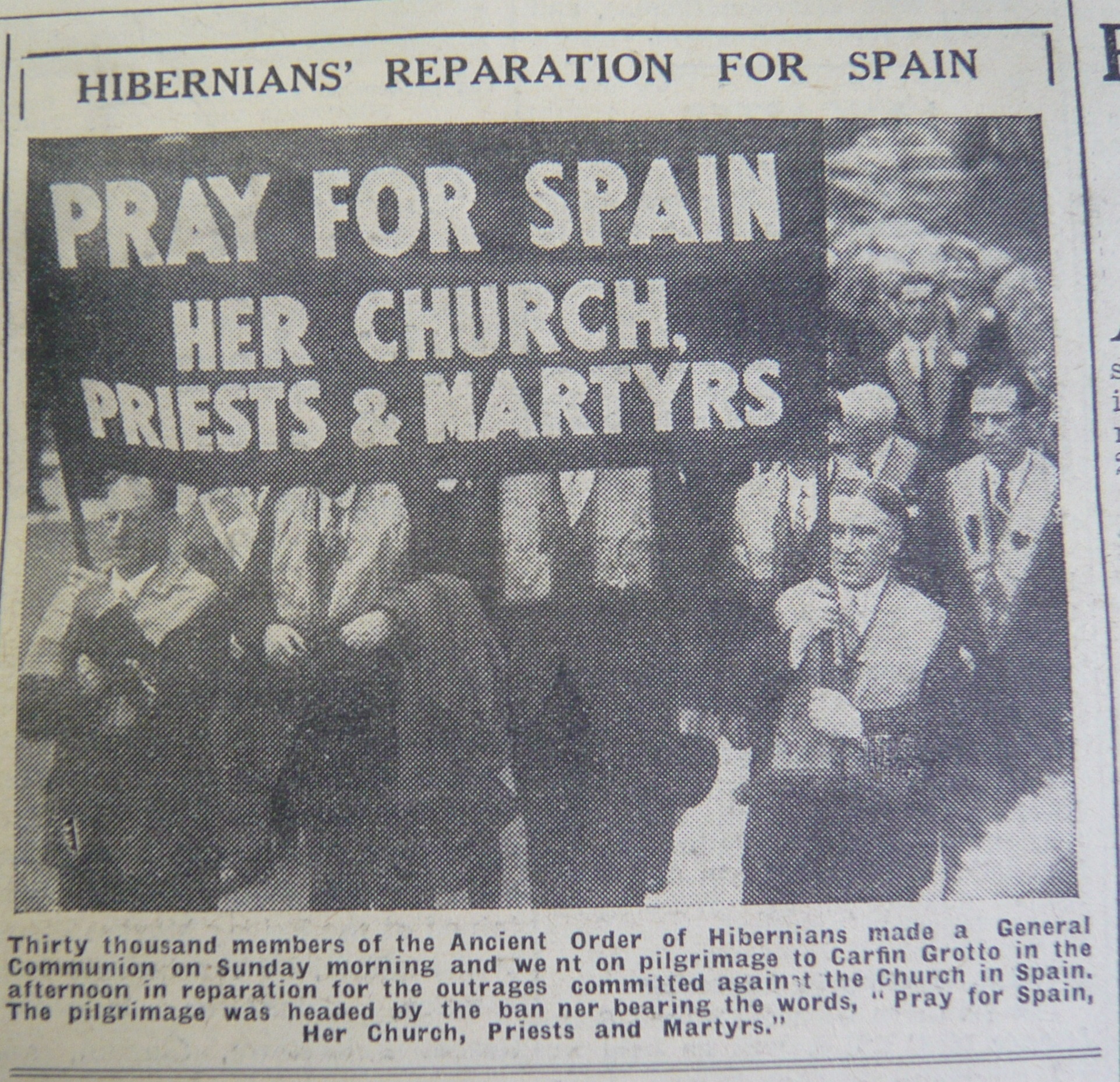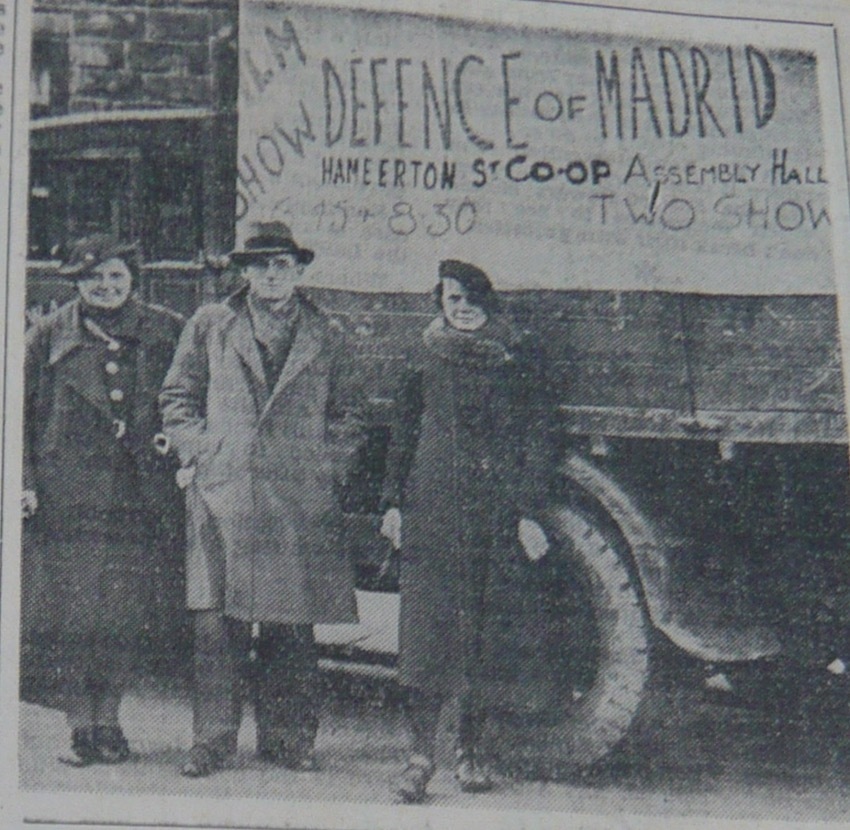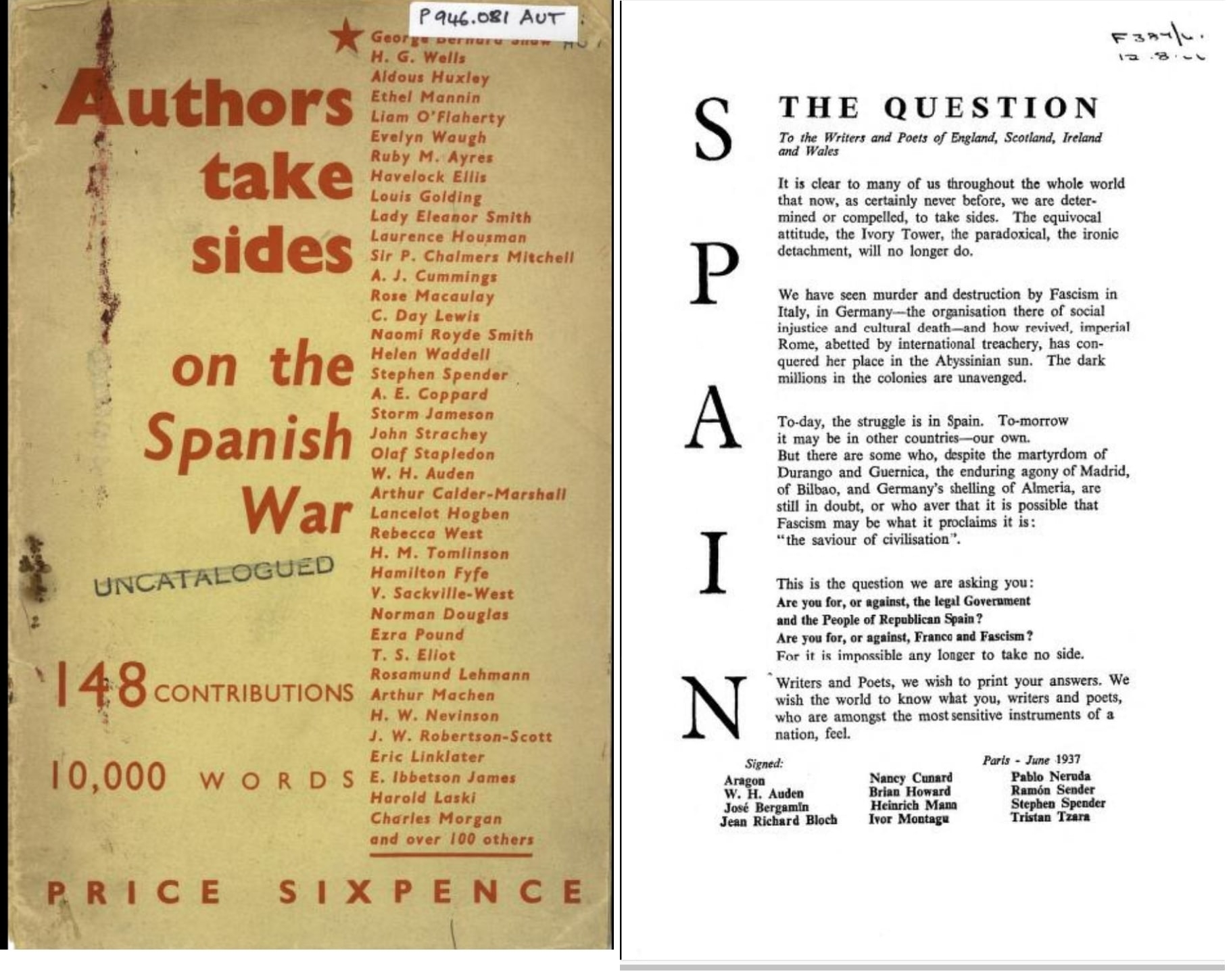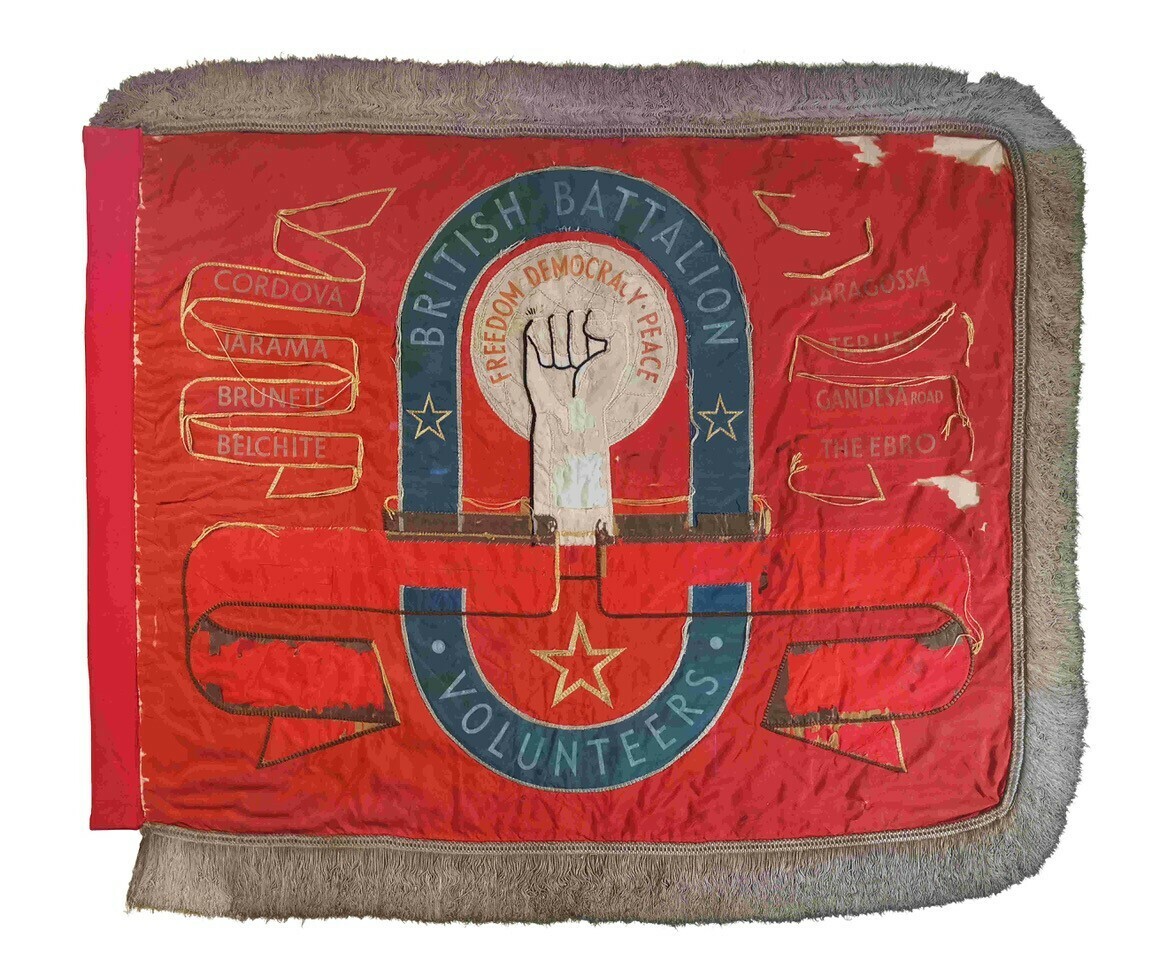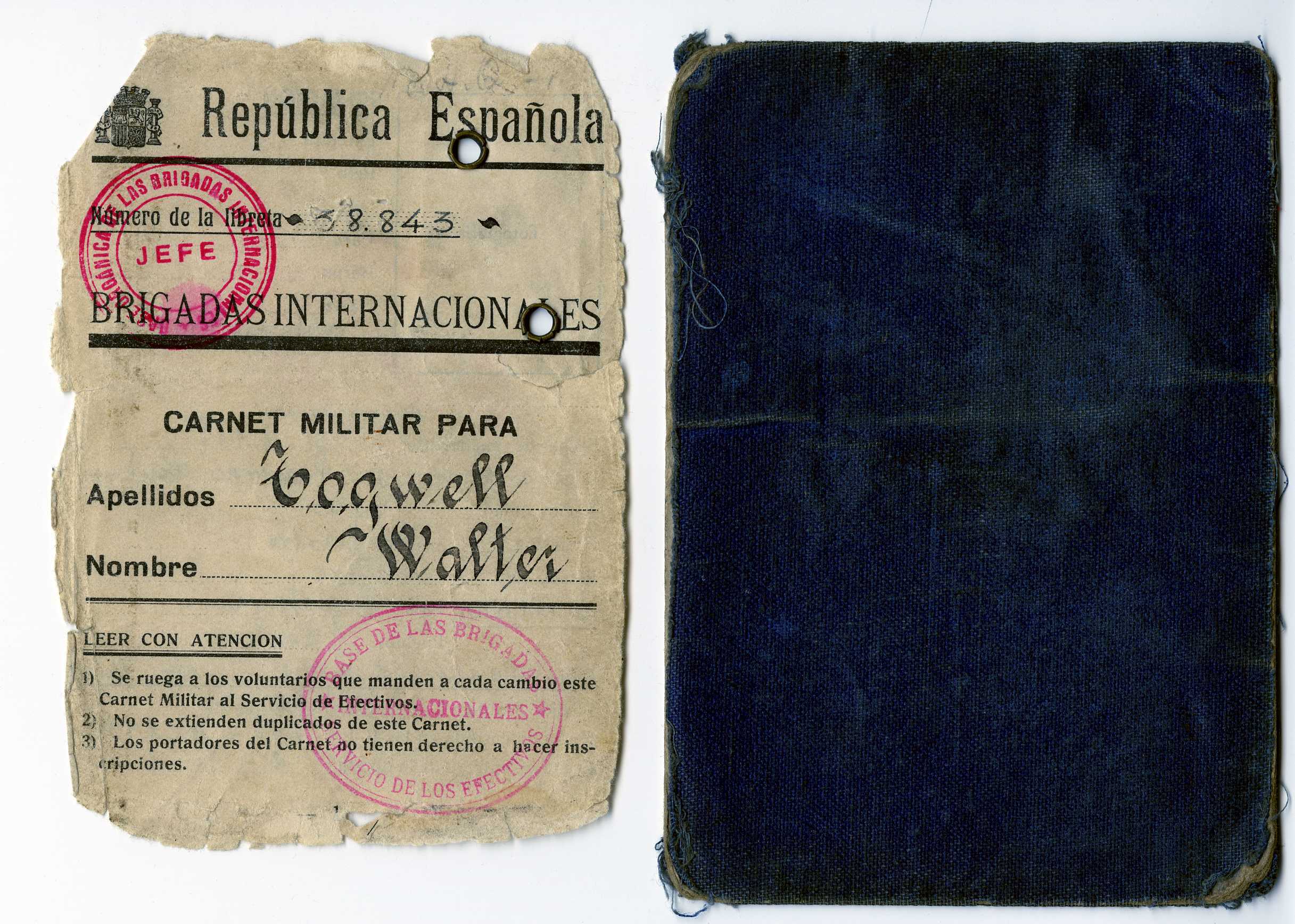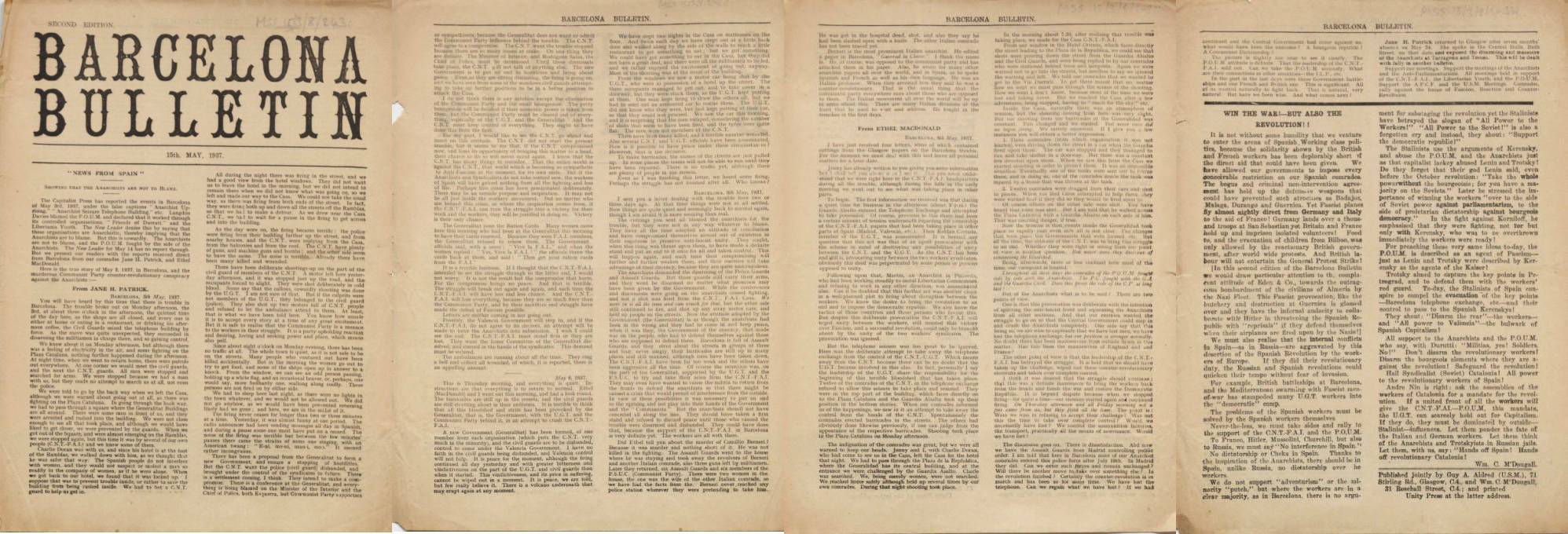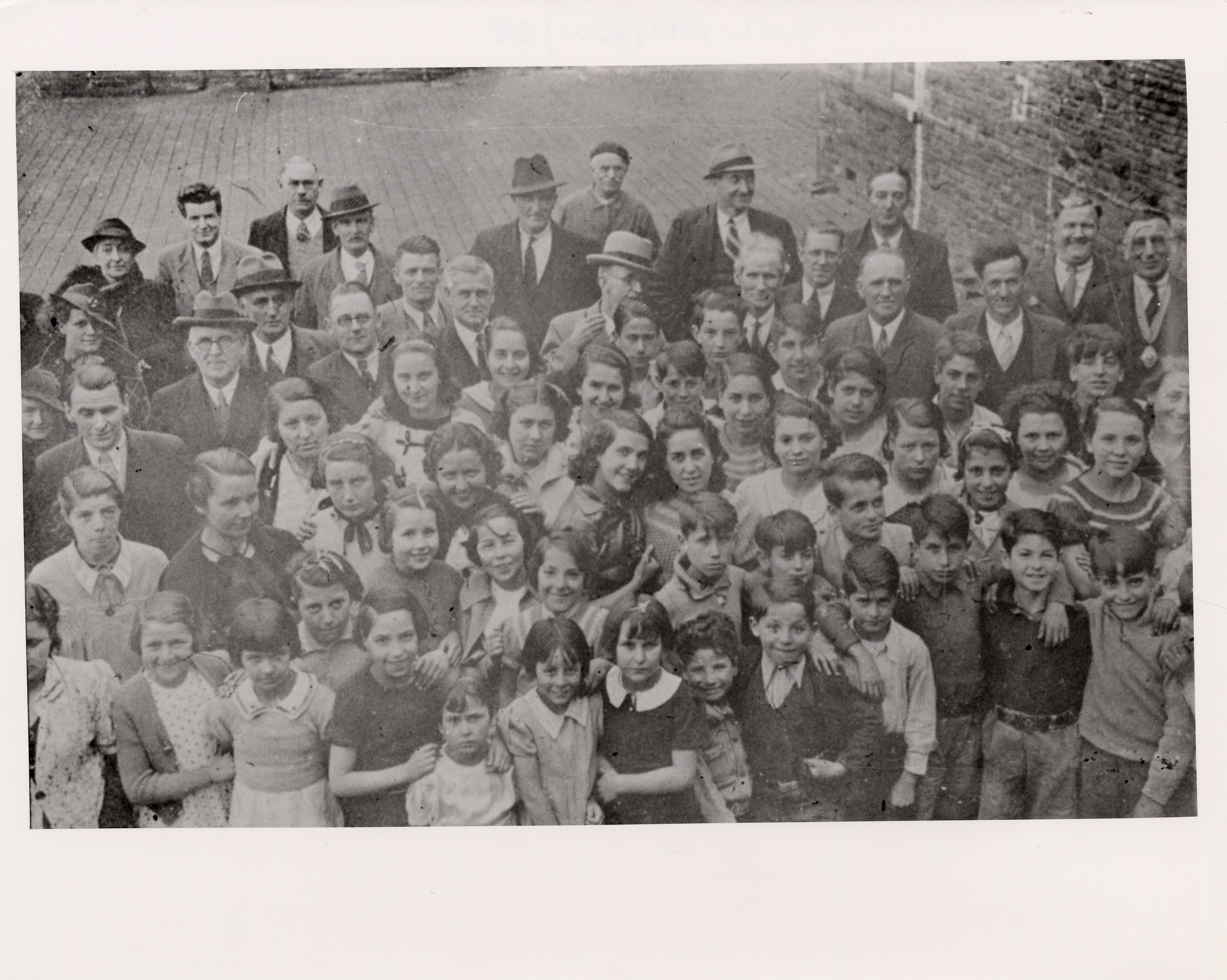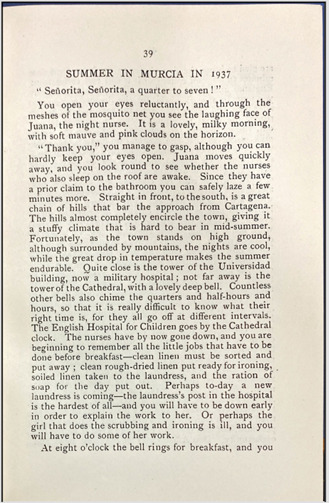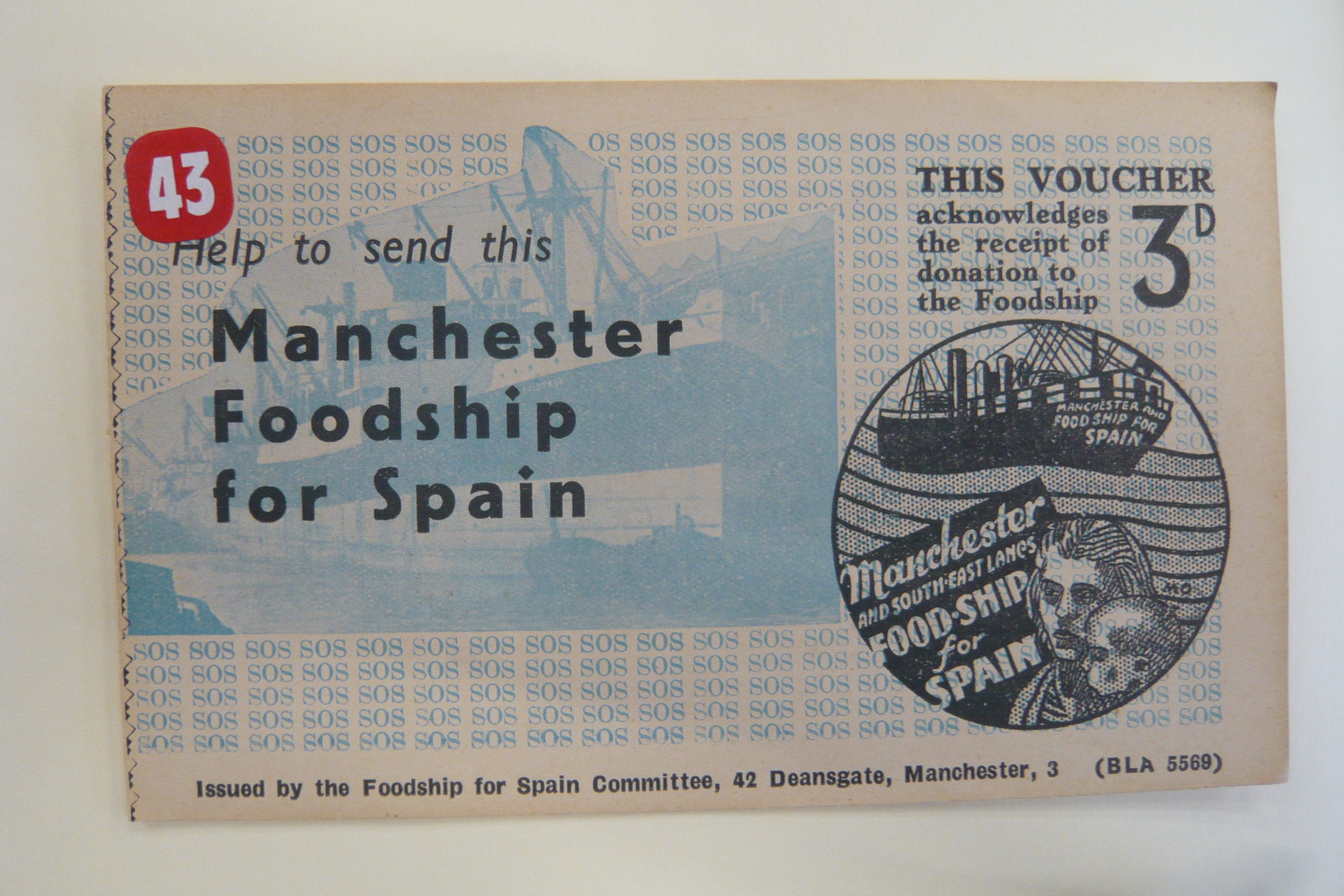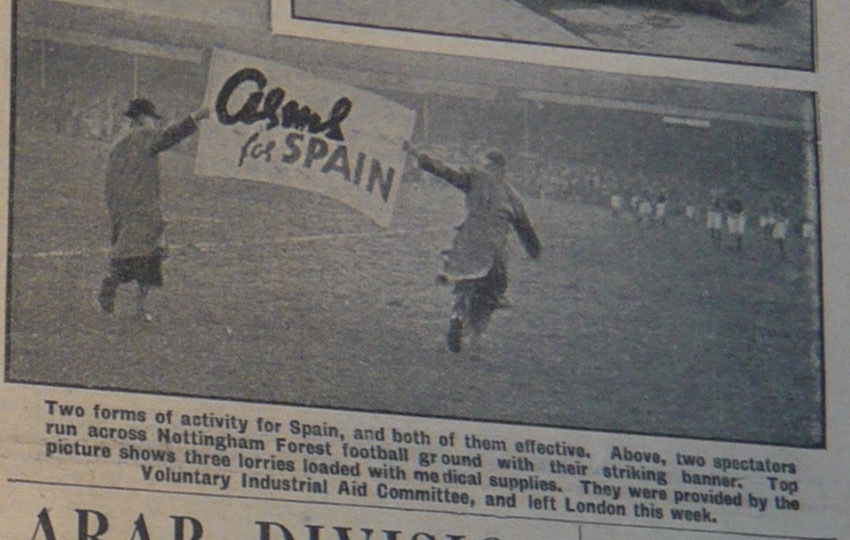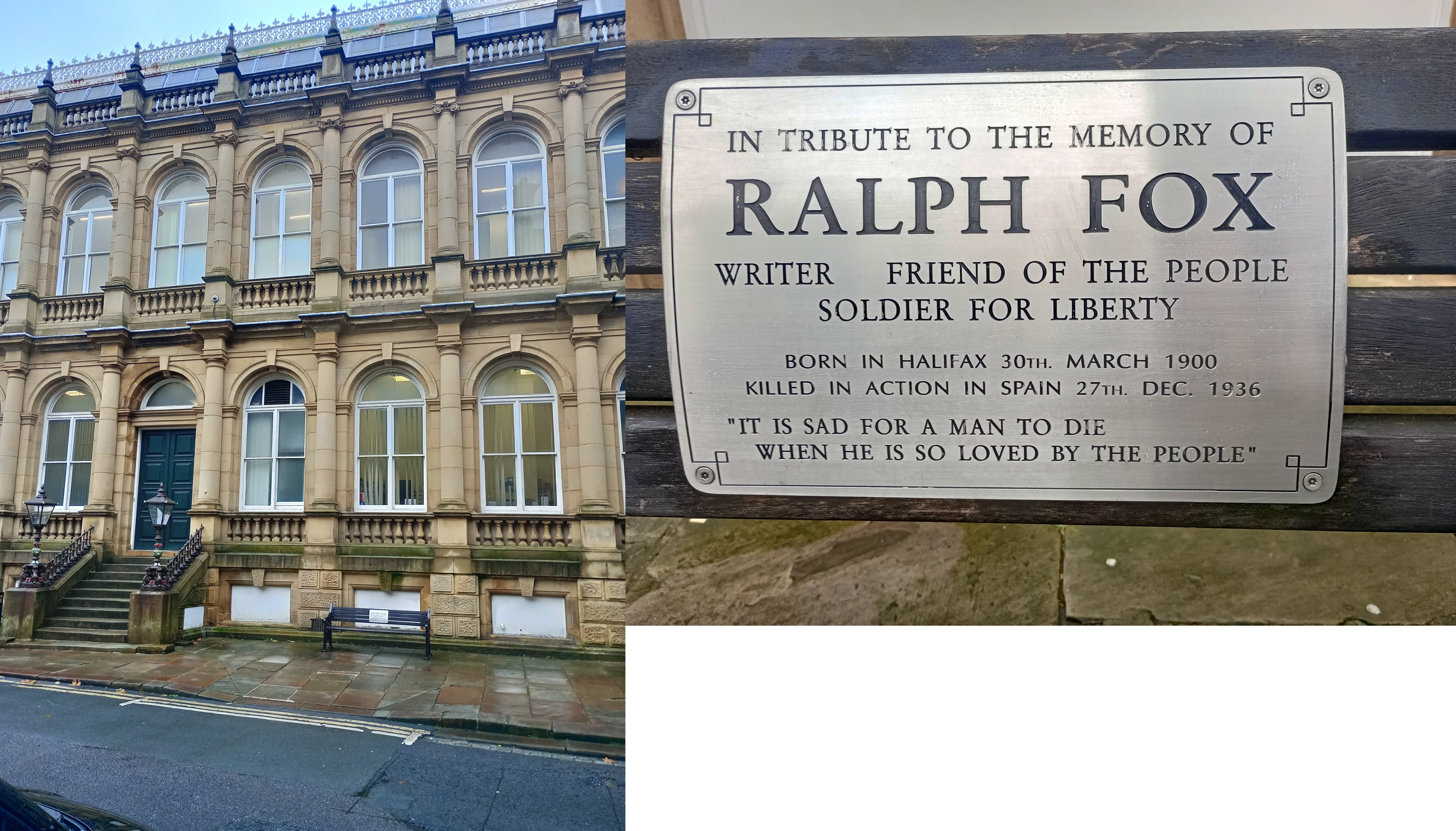The Spanish Civil War generated a remarkable response in Britain: indeed, it has been argued that no external event had stimulated such interest since the French Revolution. Some 2,400 Britons, volunteered to fight for the Republic in the International Brigades (of whom more than 500 died). Thousands more devoted their time and energy to work in the wide variety of voluntary organisations that sprang up and there was an impressive mobilisation of intellectuals and authors. This impressive activism occurred in spite of (or maybe in response to) the British government’s official stance of neutrality and Non-Intervention in the conflict. For activists this stance was inadequate not only because of the suspicion that the government secretly favoured Franco’s rebels, but also because the Civil War swiftly took on a significance that far transcended the events in Spain.
However, while the Civil War impacted deeply in British society, its impacts were complex. A significant minority (principally Catholics and those on the Right) supported Franco’s rebels, appalled at the attacks on the Catholic Church that had followed the military coup. Moreover, the Civil War deepened divisions on the left: between the Labour Party and the Communists, who saw the chance to build a Popular Front alliance in Britain. and between the Communists and other left-wing groups, such as the Independent Labour Party (ILP), who disagreed over whether the changes taking place within Republican Spain constituted a revolution. Meanwhile, many British people were simply relieved that the Conservative-dominated government was working to contain the conflict to Spain and preventing Britain from becoming directly involved in a war that could easily become a wider European conflict. This was, after all the era of “appeasement” and less than twenty years after the end of the First World War.
The enduring popularity of Homage to Catalonia (1937) by George Orwell, who served with the small ILP contingent in Spain, has kept the revolutionary critique of the Civil War alive in British memory. More generally, however, it was the mainstream left and its successors that remembered the Civil War as a democratic struggle against fascism during the Franco dictatorship (1939-75) and drew inspiration above all from the fallen heroes of the International Brigades.








